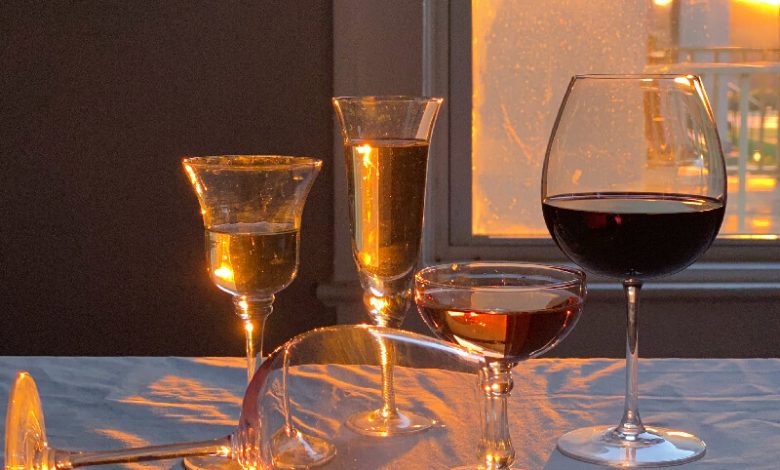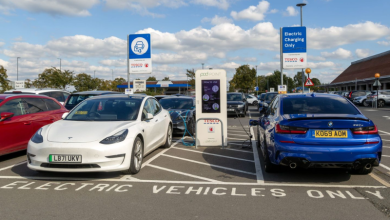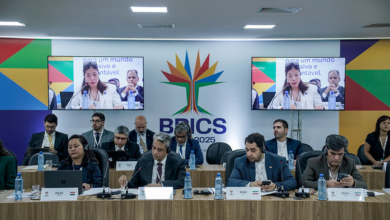ClimateAI Predicts Extinction Threat for Champagne: Climate Change Impact on Iconic Beverage by 2050

Champagne enthusiasts could face a bleak New Year’s Eve tradition as AI-driven predictions from San Francisco-based ClimateAI indicate that the beloved celebratory beverage may be on the brink of extinction by 2050. The changing global climate poses a significant threat to grape varieties essential for champagne production, including pinot noir, chardonnay, and merlot.
Will Kletter, Vice President of Operations and Strategy at ClimateAI, warns that champagne and wine aficionados may experience a shortage if current climate trends persist. Kletter explains that the unique taste of champagne, characterized by warm, sunny days and cool nights, may be compromised as climate change leads to the disappearance of these cool nights.
As a response to climate warming, Kletter anticipates that growers might be compelled to relocate their production northward to maintain the necessary climate conditions. Notably, there has been increased investment in sparkling wine production in the U.K., where favorable weather conditions prevail.
The potential impact on the French economy is significant, given that champagne production is currently exclusive to the Champagne region. French wine exports, accounting for $9.6 billion, face challenges, with extreme weather events in 2021 resulting in the smallest champagne harvest since 1957.
Half a million champagne industry employees and 24 million annual tourists in the Champagne region could be adversely affected by climate change. Kletter emphasizes the potential economic shift and the challenges faced by regions with a rich tradition built around champagne production.
ClimateAI utilizes AI technology, specifically its platform ClimateLens, to provide actionable insights for up to 50 years into the future. Kletter encourages growers to adapt by blending different grape varieties and adjusting cultivation practices. Despite the challenges, he remains optimistic about the role of AI in helping producers make strategic decisions in the face of climate risks.
However, Dr. Benjamin Cook, a climate scientist from NASA Goddard Institute for Space Studies and Columbia University, suggests that extinction is an unlikely outcome. While acknowledging the changing climate’s impact on grape cultivation, he emphasizes the potential for adaptation, such as exploring new regions with suitable climates for production.
Read More: Switzerland’s KlimaSeniorinnen Suing Government Before ECHR To Demand Climate Action
As the champagne industry faces an uncertain future, the role of AI in forecasting and adapting to climate change becomes increasingly crucial. Producers may find solace in the evolving landscape of technology, enabling them to make informed decisions and navigate the challenges posed by a changing climate.



